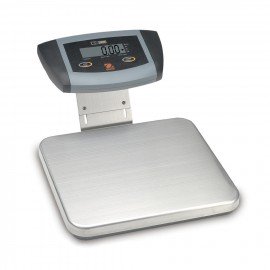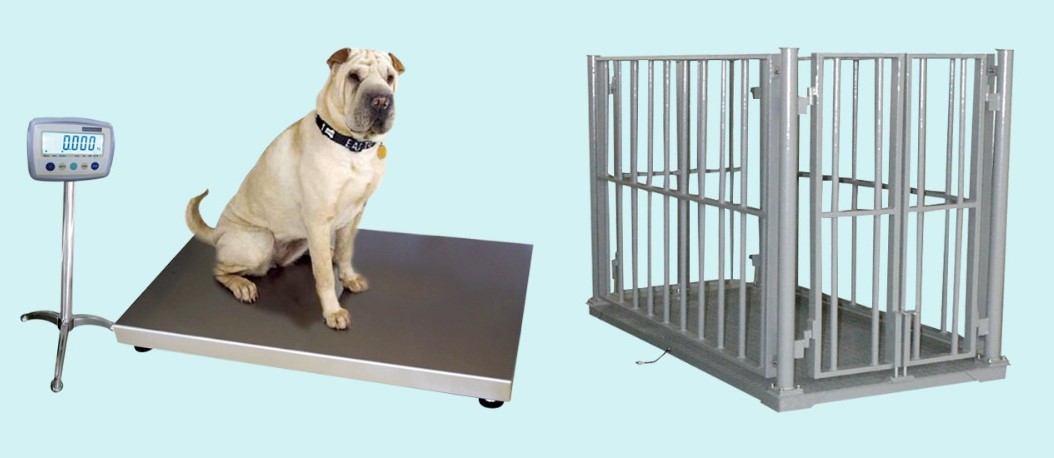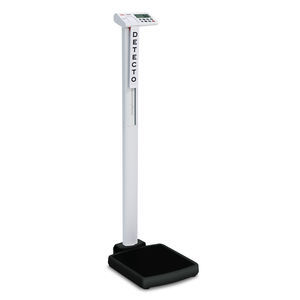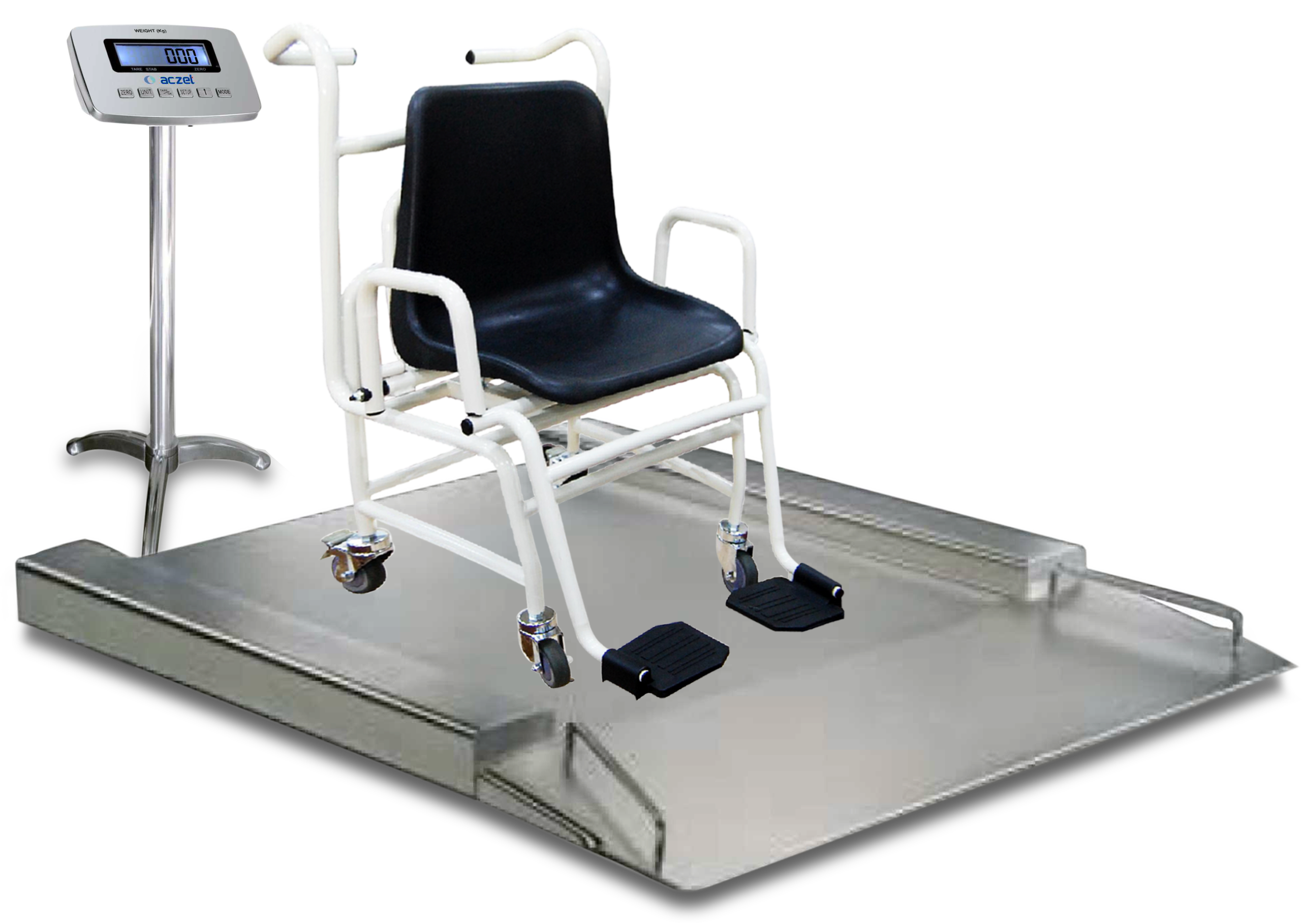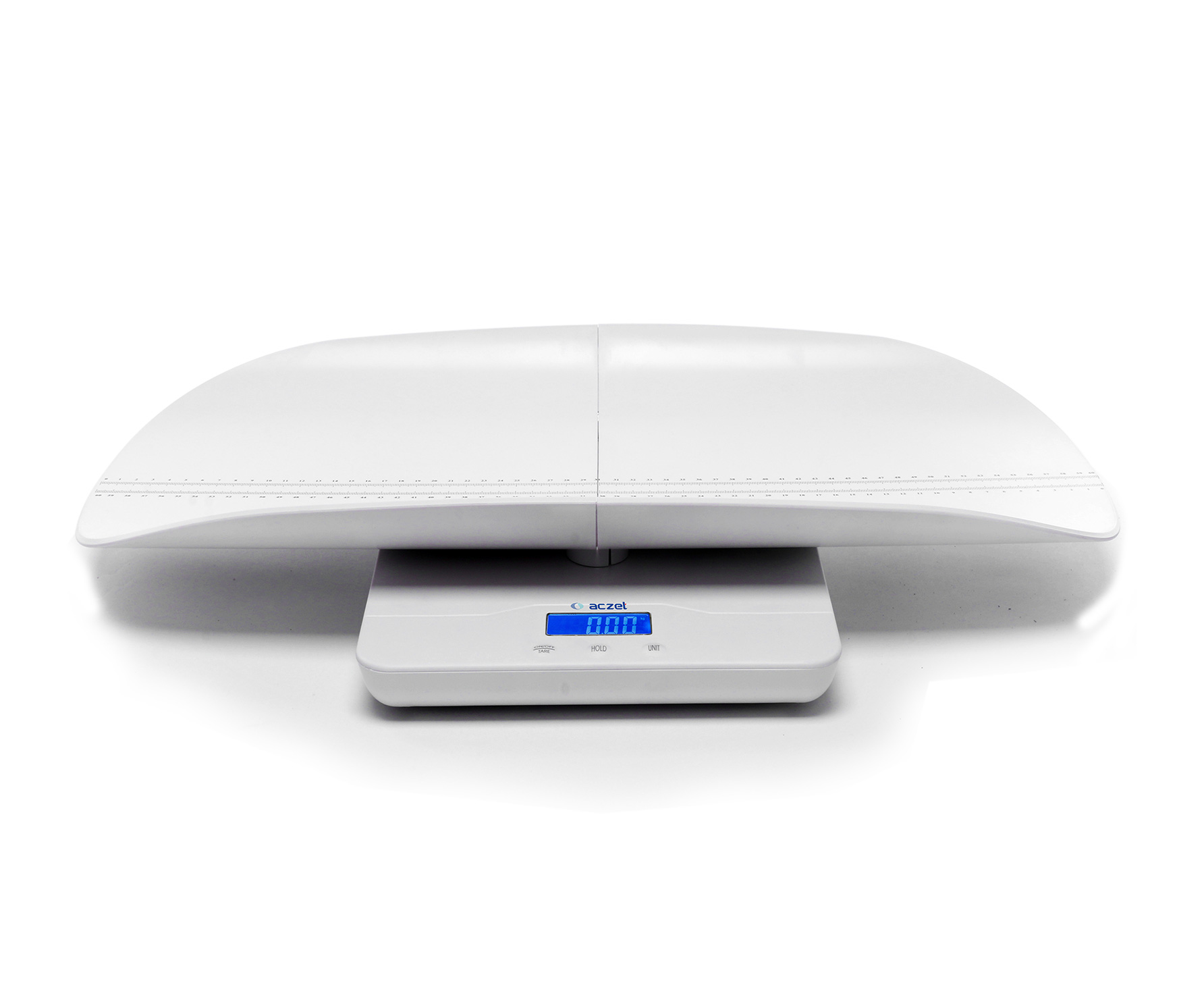
Aczet
-
Purpose: These scales are designed to accurately measure the weight of infants and young children, which is crucial for monitoring growth and health.
Types:
- Digital Scales: Provide precise weight readings with digital displays and often include features like memory functions and automatic shut-off.
-Mechanical Scales: Use a dial to show weight and don’t require batteries, but may be less precise than digital models.
Accuracy: High precision is essential, as even small changes in weight can be significant for infants. Scales are typically calibrated to ensure accuracy.
Capacity: Baby weighing scales generally have a lower weight capacity compared to adult scales, often up to 20-30 kg (44-66 lbs), sufficient for infants and toddlers.
Features:
- Tare Function: Allows for weighing babies while accounting for the weight of any blankets or clothing.
- Stability: Many scales have a stable base and non-slip surfaces to ensure the baby remains safely in place during weighing.
Ease of Use: Designed for quick and easy use, often with a curved, cradle-like design to securely hold the baby.
Portability: Some models are portable, allowing for use in various settings, including home visits and clinics.
Maintenance: Regular calibration and cleaning are necessary to maintain accuracy and hygiene.
Safety: Many scales include features like rounded edges and secure cradles to ensure the baby's safety during weighing.
